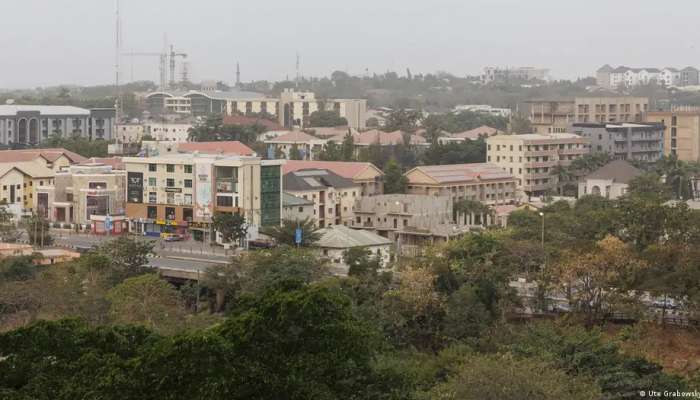Nearly 330 million Americans are governed by Donald Trump. Brazil, with 210 million people, has a newly-elected populist government. Nearly 170 million Europeans live under governments with at least one populist in the cabinet. Add the Philippines, with more than 100 million people, and Turkey, with nearly 80 million. All told, at least one billion people are now being ruled by populists of one sort or another.
The new populism is often blamed on a generation or more of stagnant median wages. In countries like the United States and the United Kingdom, the distribution of income has worsened, and the top 1 percent are reaping the lion’s share of gains from economic growth. The 2008 global financial crisis not only caused much pain; it also reinforced the conviction that Wall Street is Main Street’s enemy. No wonder politics has become confrontational.
If this story is right, the policy conclusion is simple: throw out the rascals who did the bankers’ bidding, tax the rich, and redistribute income more aggressively. Populism will then eventually fade away.
But, however politically appealing this standard account – call it the economic insecurity hypothesis – may be, it is a poor description of reality. It does not fit the facts in emerging markets, and it may not apply even to the US and the UK.
Shortly after the US presidential election in 2016, statistics guru Nate Silver noted that Hillary Clinton improved on Barack Obama’s 2012 performance in 48 of the country’s 50 best-educated counties. And Clinton lost ground relative to Obama – by an average of 11 percentage points – in 47 of the 50 least-educated counties. ‘Education, Not Income, Predicted Who Would Vote For Trump,’ Silver concluded.
Trump won because of a cultural backlash
Since then, hundreds of regressions have been run attempting to sort out what kinds of people voted for Trump or for Brexit in the UK. The title of one influential recent paper summarises the debate: ‘Status threat, not economic hardship, explains the 2016 presidential vote.’ So does the title of another: ‘Vote Switching in the 2016 Election: How Racial and Immigration Attitudes, Not Economics, Explain Shifts in White Voting.’
And what about the UK? Research conducted at the London School of Economics, examining 380 local authorities, concluded that while education and demography are good predictors of who voted in June 2016 to leave the European Union, exposure to trade and the extent of budget cuts are not.
So, the ‘cultural backlash’ hypothesis seems to be more compelling than the ‘economic insecurity’ hypothesis. And this conclusion is not limited to the US and the UK. Pippa Norris and Ronald Inglehart, who study the performance of political parties in 31 European countries, conclude: ‘Overall, we find the most consistent evidence supporting the cultural backlash thesis.’
Now, one does not need sophisticated econometrics to notice that beyond the comfortable confines of North America and Western Europe, right-wing populism is affecting precisely those countries with unusually strong economic performance – the opposite of what the ‘economic insecurity’ hypothesis would predict. Turkey’s economy has grown at an average annual rate of 6.9 percent since 2010. The Philippines has enjoyed 6.4 percent annual growth in the same period. No economic stagnation there.
A turn toward populism and authoritarianism suggests a failure of politics to manage grievances effectively.
Poland and Hungary are much richer economies, so one would expect lower growth rates there; still, their annual GDP has risen at decent 3.3 percent and 2.1 percent average rates, respectively, since 2010. Or consider the neighbouring Czech Republic, where unemployment is only 2.3 percent, the lowest rate in the EU, and the economy grew 4.3 percent in 2017. The country has few immigrants and no refugee crisis to speak of. Nonetheless, populist parties attracted four of every ten voters in the most recent general election – a tenfold increase in two decades.
Beyond aggregate growth data, it is undeniable that most citizens in these countries live much better than they did a generation ago. In 1995, the average annual wage in Poland was USD 15,800; today it is USD 27,000. The increase in Hungary was similar.
Brazil is a different case: it experienced a mega-recession in 2015 and 2016, during the second term of Dilma Rousseff’s presidency. But earlier the country did have strongly redistributive policies, started by social democrat Fernando Henrique Cardoso and continued by Luiz Inácio Lula da Silva. According to The New York Times, Lula benefited ‘tens of millions of Brazilians’ with ‘his administration’s social programs.’ A decade ago, Obama called him ‘the most popular politician on Earth.’
The conclusion seems unavoidable: populists are the offspring of economic gain, not pain.
Political change is more important
There is one final prickly fact to consider: if surging populism reflected a demand for redistribution, we would expect the surge to be on the left, not the right. Yes, Andrés Manuel López Obrador has just swept to power in México, Syriza still governs Greece, Podemos has grown influential in Spain, and Nicolás Maduro continues to wage war against his own people in Venezuela. But the striking fact is the success of right-wing populists, from Trump in the US to Viktor Orbán in Hungary, from Matteo Salvini in Italy to Jair Bolsonaro in Brazil, and from Jarosław Kaczyński in Poland to Rodrigo Duterte in the Philippines. And though their policies are likely to worsen, not improve, the distribution of income, voters are cheering them on.
None of this is to deny the intensity of economic grievances, whether in the north of England, the Midwestern US, the east of Turkey, or the favelas of Brazil. The point is that politics dictates how we process the experience of economic success and failure. A turn toward populism and authoritarianism suggests a failure of politics to manage grievances effectively.
Moreover, emphasising economics alone can breed complacency: just sit on your hands and wait for the economy to recover. And attempting to counter populism and illiberalism around the world just by tweaking the income distribution could amount to yet another example of technocratic hubris. These are dangerous temptations that must be avoided.
Traditional political elites seem increasingly out of touch. Their arrogance – recall Clinton’s description of Trump voters as ‘a basket of deplorables’ – has not helped. Perhaps voters detest the political establishment because it is corrupt (as in Brazil and Mexico), or because it obtains its power through murky campaign finance (as in the United States), or because it was in power too long, overstaying its welcome (as with social democrats in much of Europe and the Popular Party in Spain). The details vary, but the message is clear: traditional political elites’ many mistakes make them ideal fodder for anti-establishment populists.
So we need economic change, but we need political change more. Otherwise, the tally of populist voters will continue to grow.


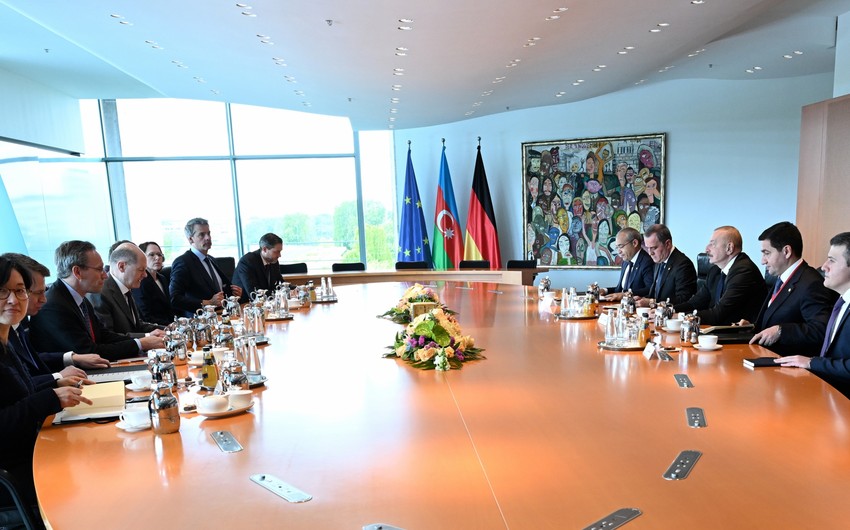
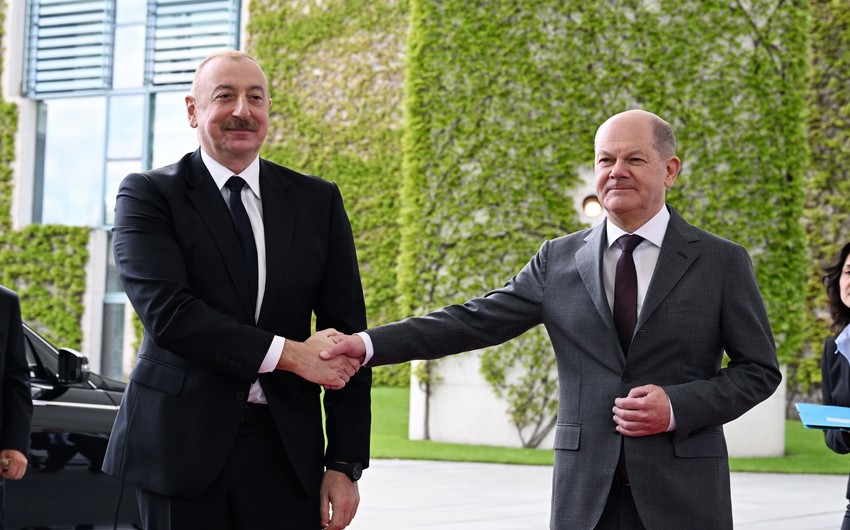
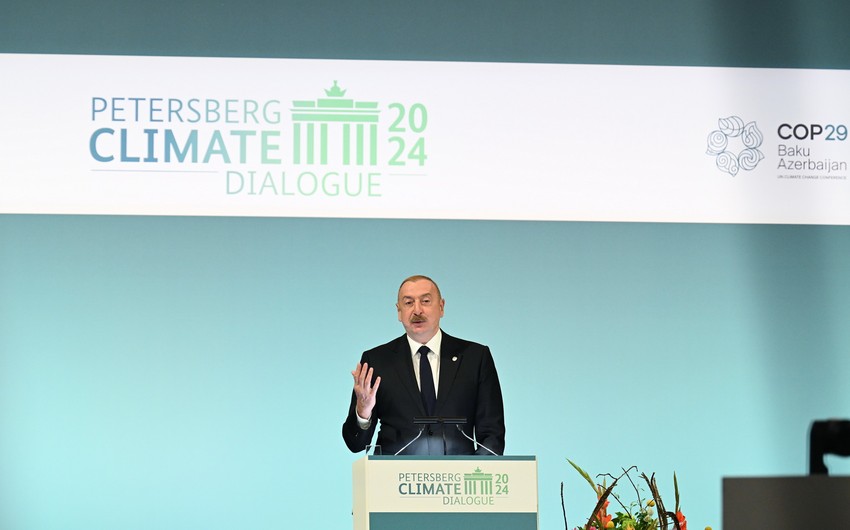
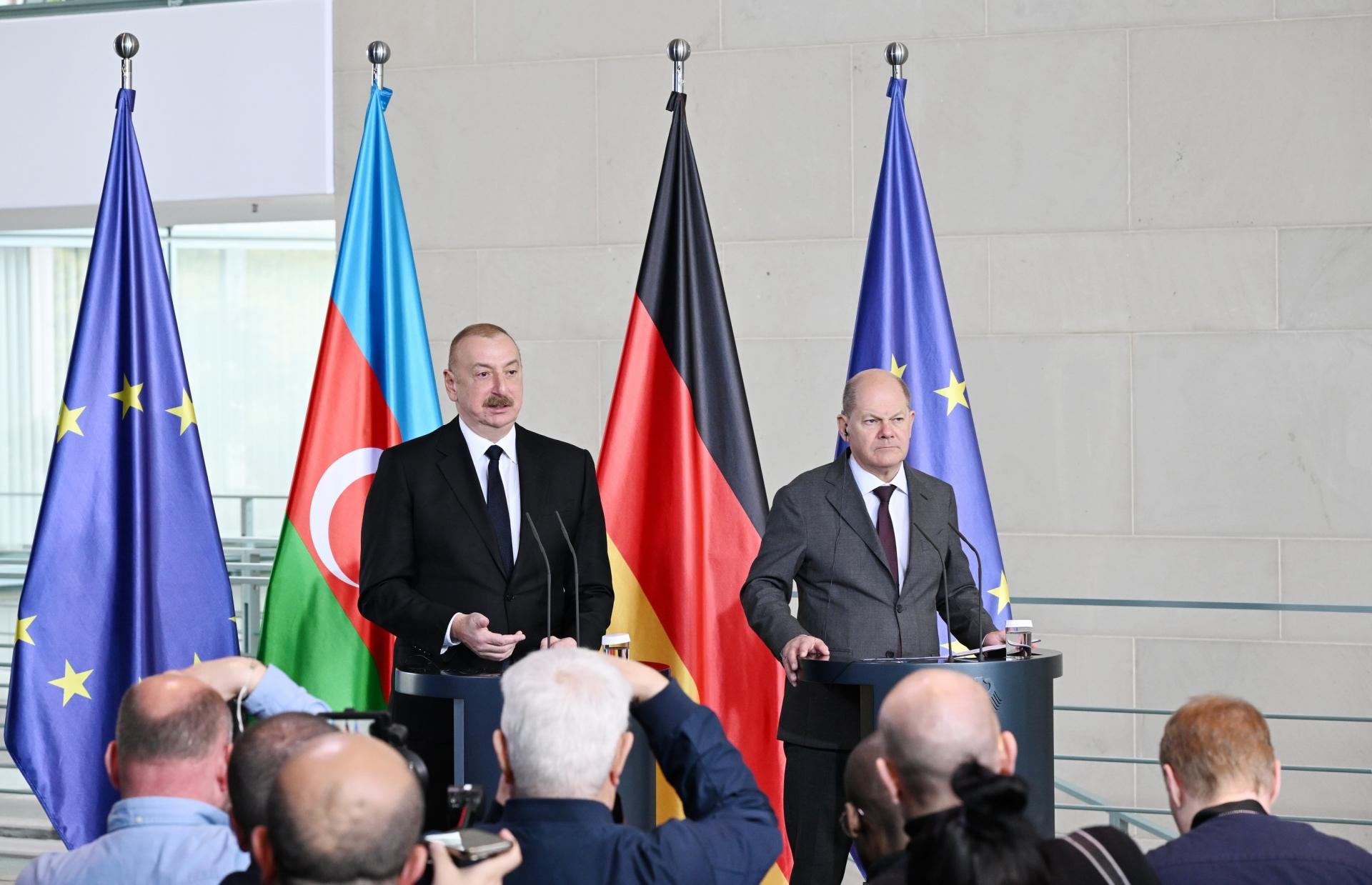
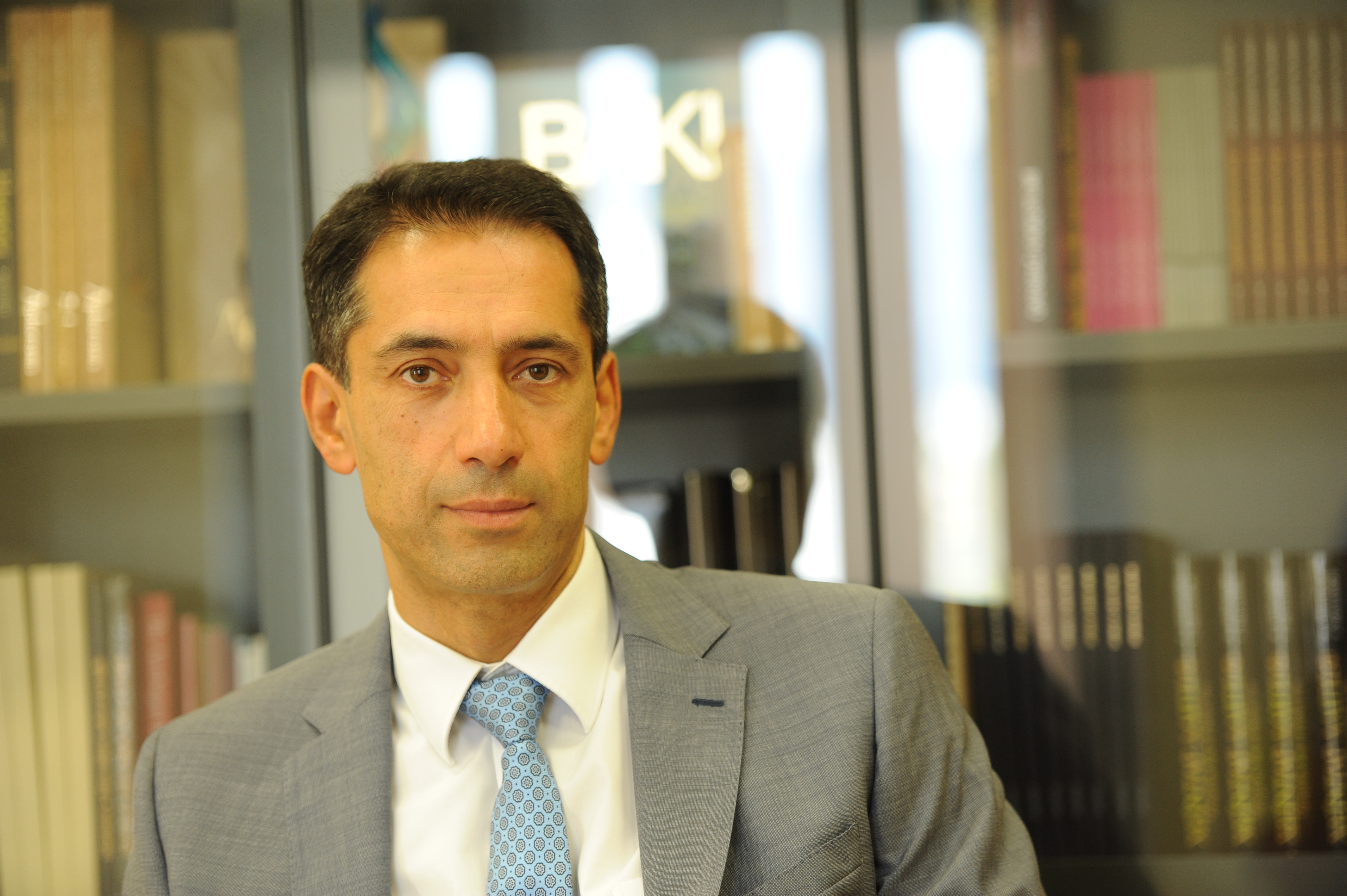
1_0.jpg)
.jpg)

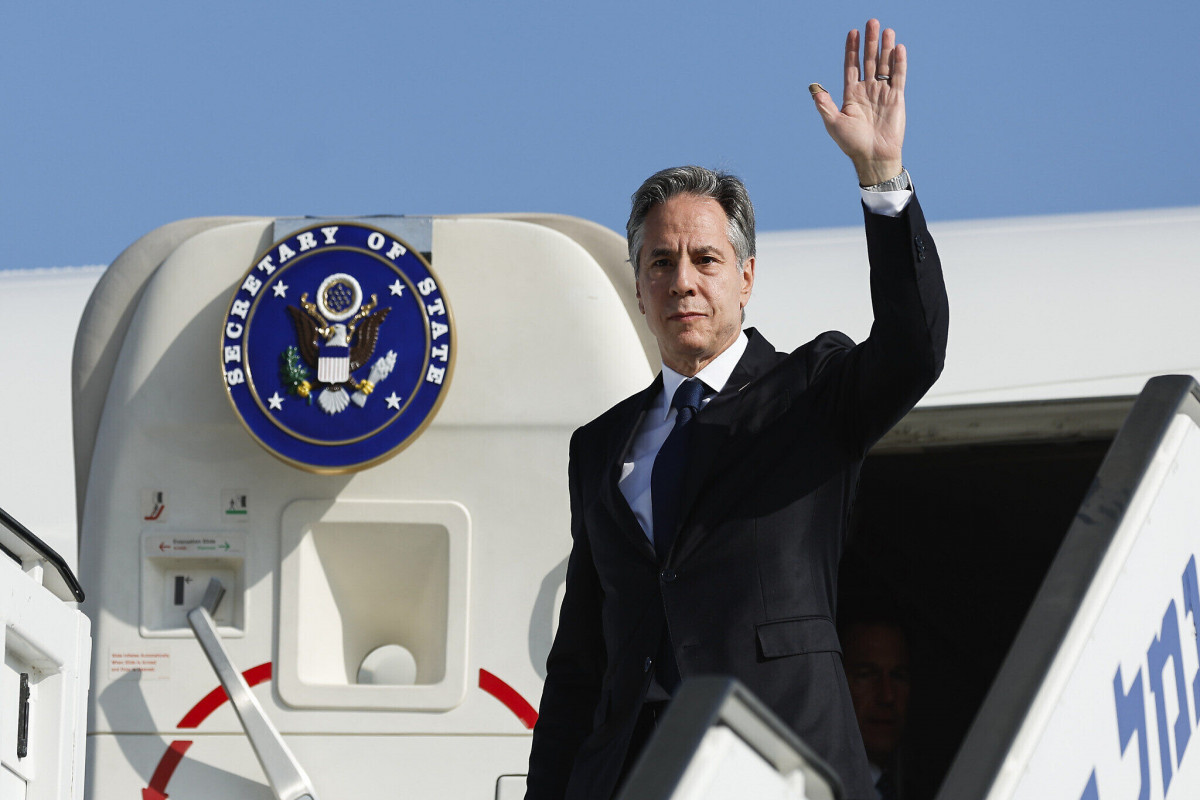
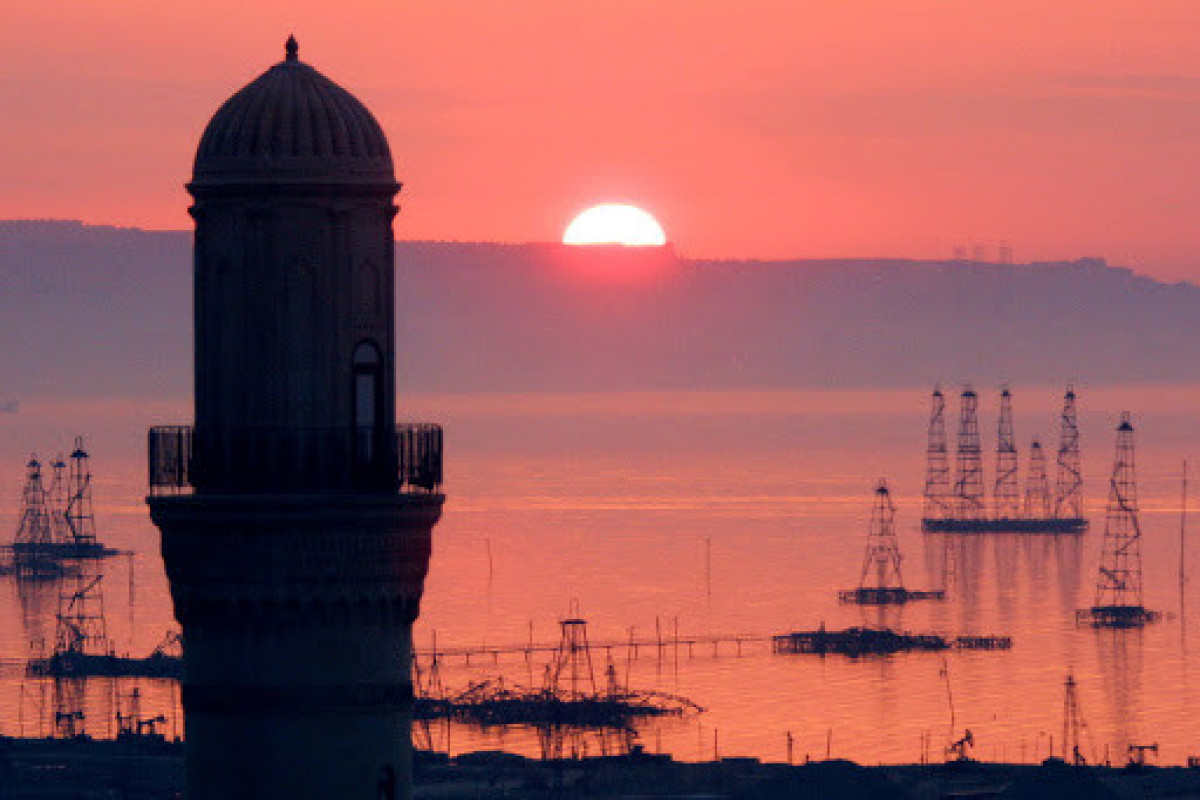
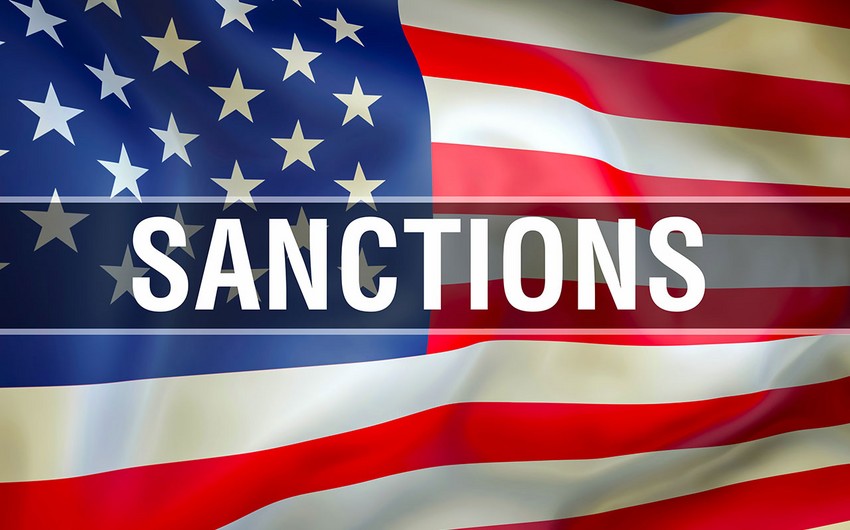

.jpeg)
